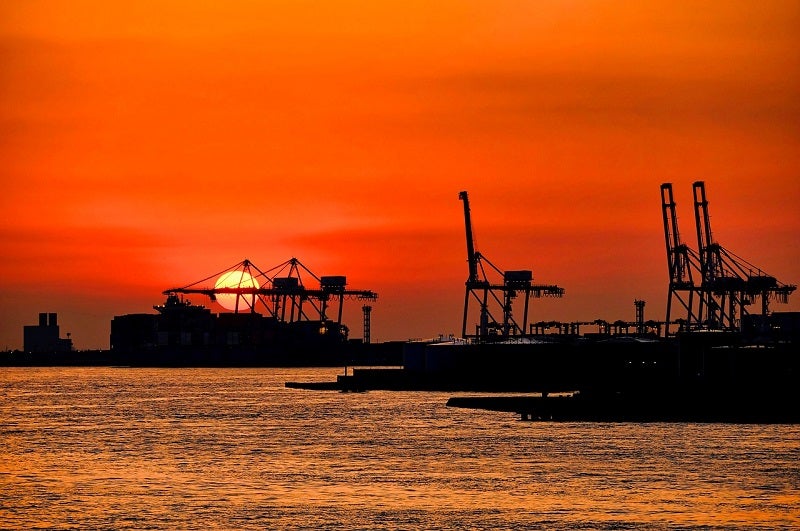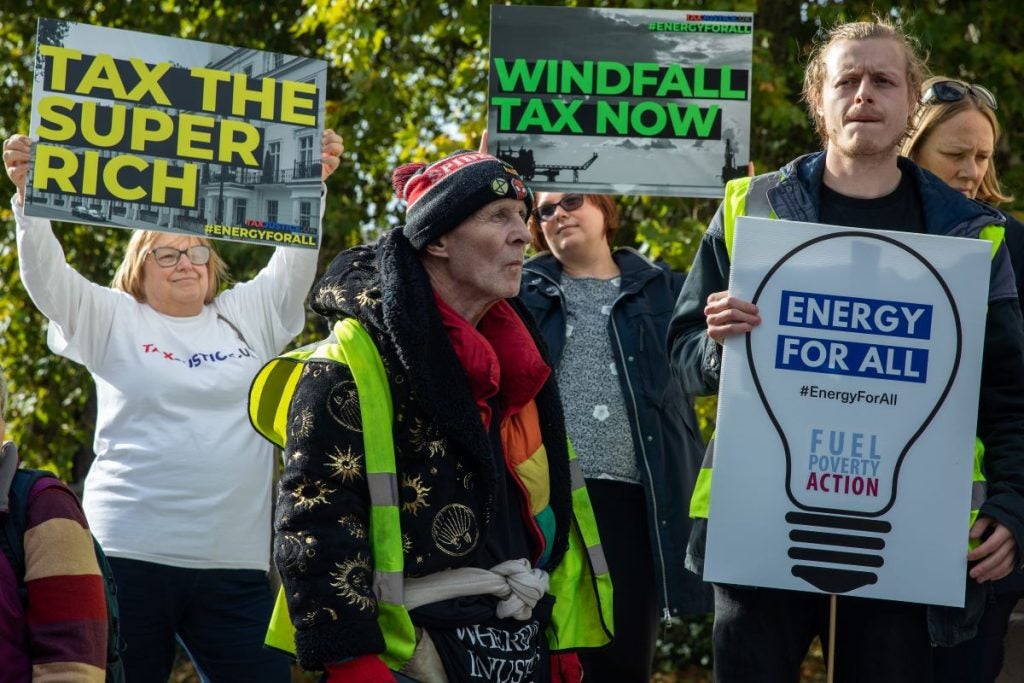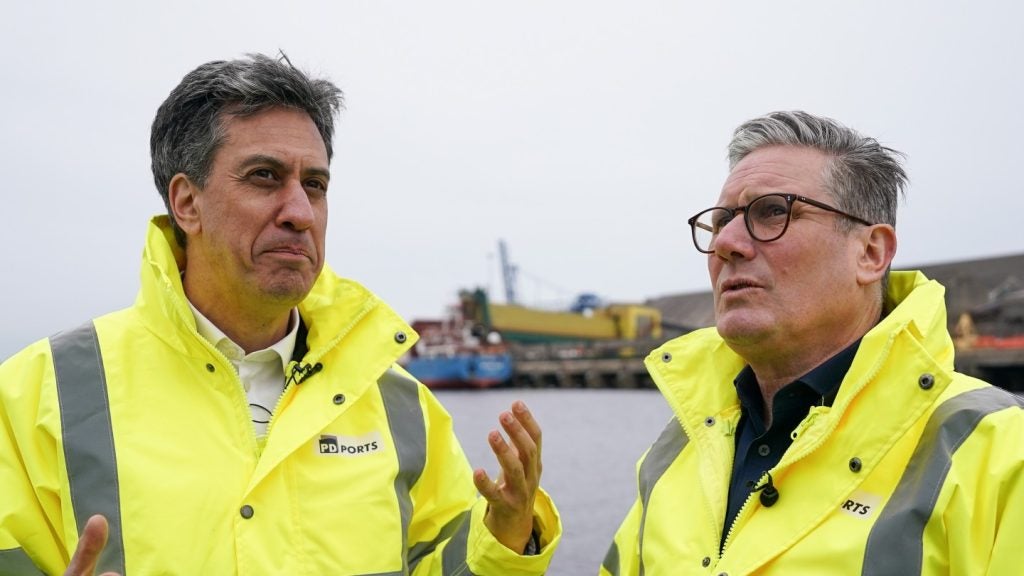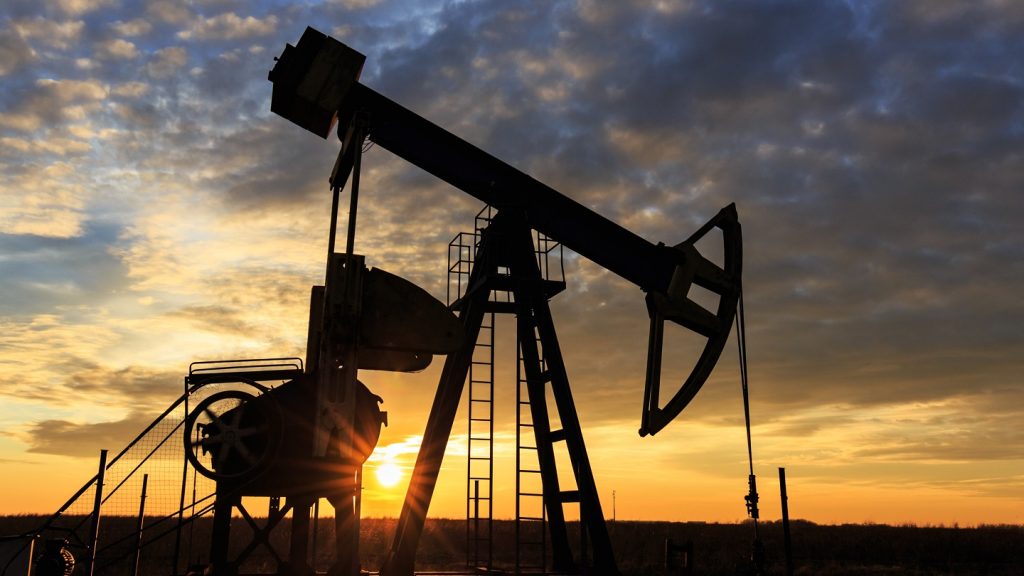
Russia’s oil and gas revenues for June are set to increase by more than 50% year-on-year, reaching $9.4bn (Rbs821.74bn), according to just-released figures.
The rebound comes despite a reduction in refinery subsidies.
While western sanctions aimed at its energy sector continue, the redirection of oil exports to China and India has ensured Russia has been able to maintain revenues and direct funding to the war effort.
Revenues from oil and gas exports were $9.1bn in May and $6bn in June 2023, according to Reuters’ calculations.
The 2024 federal budget predicts that oil and gas revenues will rise 21% from 2023, encouraging the ongoing high level of defence expenditure.
Despite the revenue, Russia has run consecutive annual budget deficits of around 2% of gross domestic product, which have been managed through internal borrowing and the National Wealth Fund.
How well do you really know your competitors?
Access the most comprehensive Company Profiles on the market, powered by GlobalData. Save hours of research. Gain competitive edge.

Thank you!
Your download email will arrive shortly
Not ready to buy yet? Download a free sample
We are confident about the unique quality of our Company Profiles. However, we want you to make the most beneficial decision for your business, so we offer a free sample that you can download by submitting the below form
By GlobalDataThe International Monetary Fund (IMF) forecasts that Russia’s economy will grow up to 2.6% in 2024, up from the IMF’s original forecast in October 2023.
Speaking about the Kremlin’s financial position, Alexandra Prokopenko, fellow at the Carnegie Russia Eurasia Centre, said sanctions had “paradoxically enough, protected the economy from certain external shocks”.
“Economic growth in Russia today benefits from the fact that the Russian economy is heavily geared toward free market mechanisms and forces, increased levels of government spending and the willingness of China and India to import vast quantities of Russian hydrocarbons.”
Although Russia is maintaining flows of oil and gas to China and India, its exports to Europe are set to take a further hit when the gas transit agreement it has with Ukraine comes to an end this year.
Speaking to Offshore Technology on the likelihood of the deal being renewed, Tatiana Mitrova, research scholar at the Columbia Centre on Global Energy Policy, said that there will likely be “a series of shorter-term deals that could be on a monthly basis, which would nevertheless allow some of the gas to keep flowing”.







